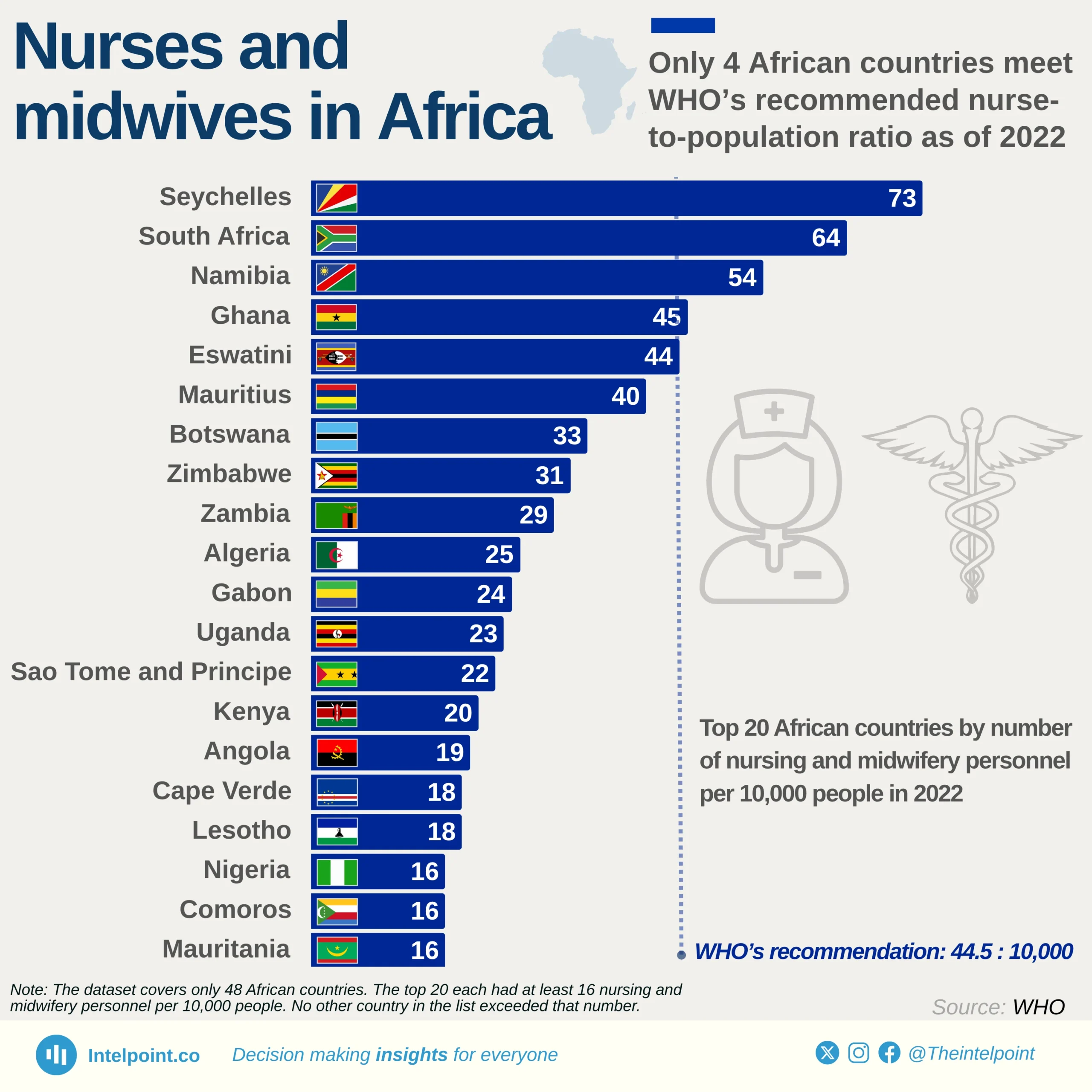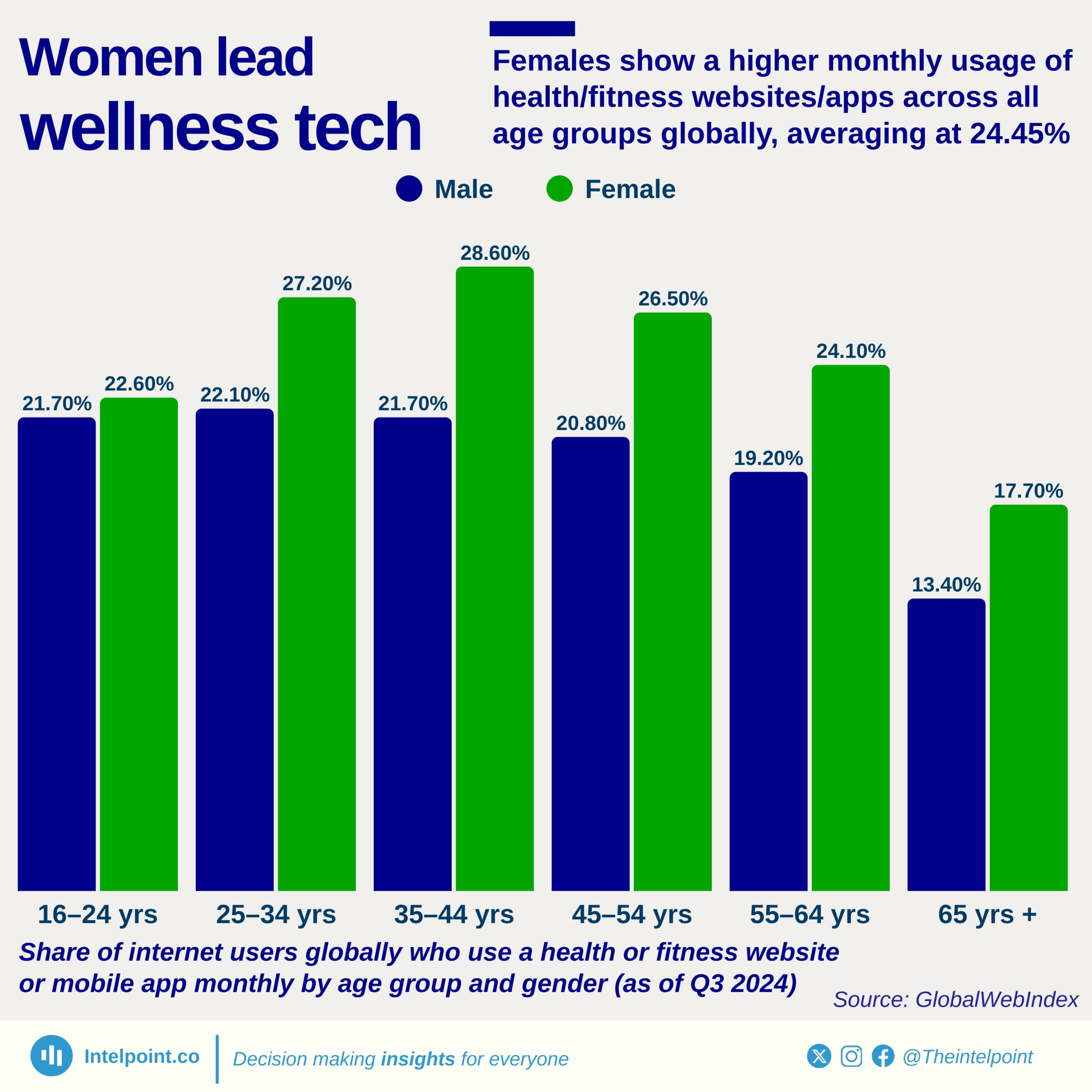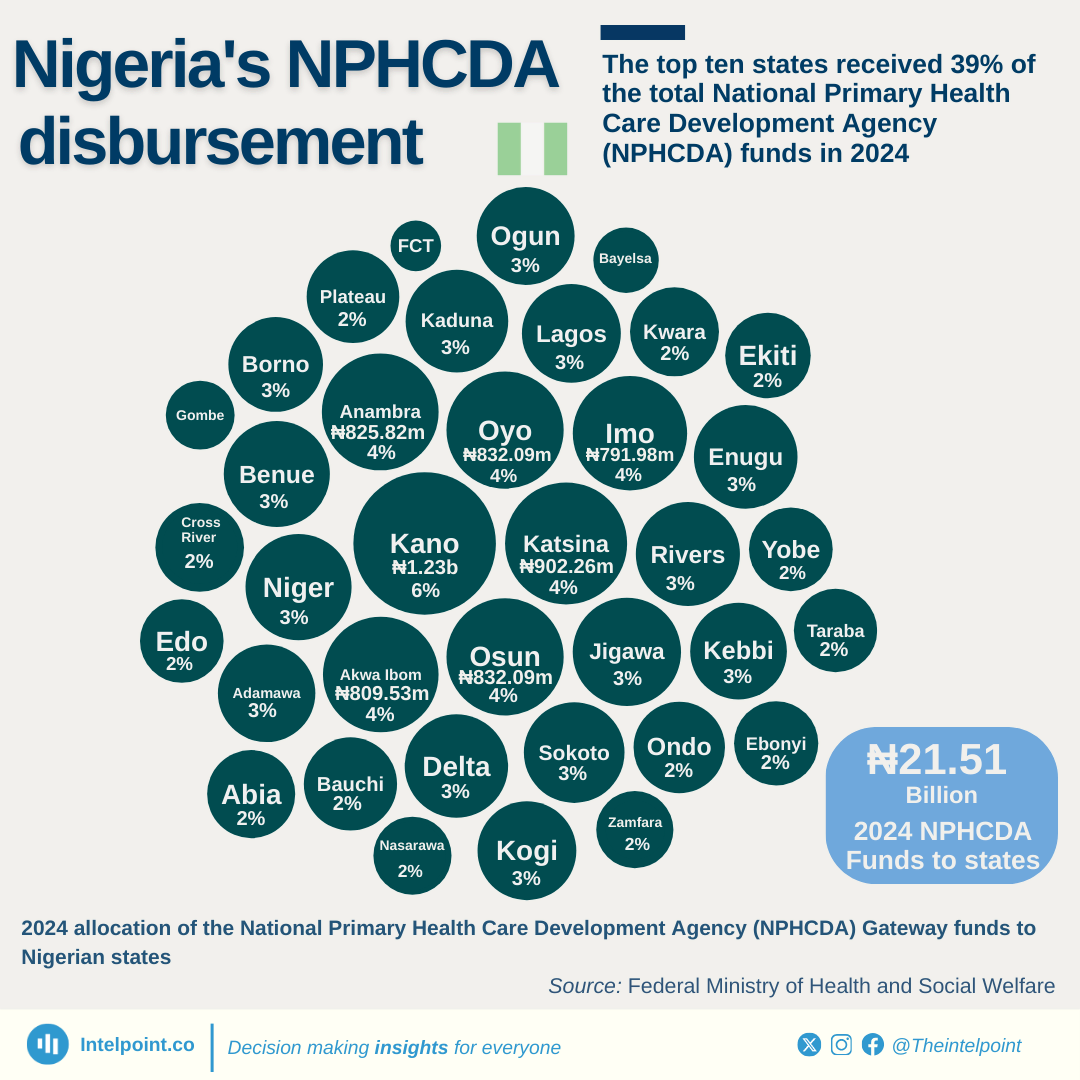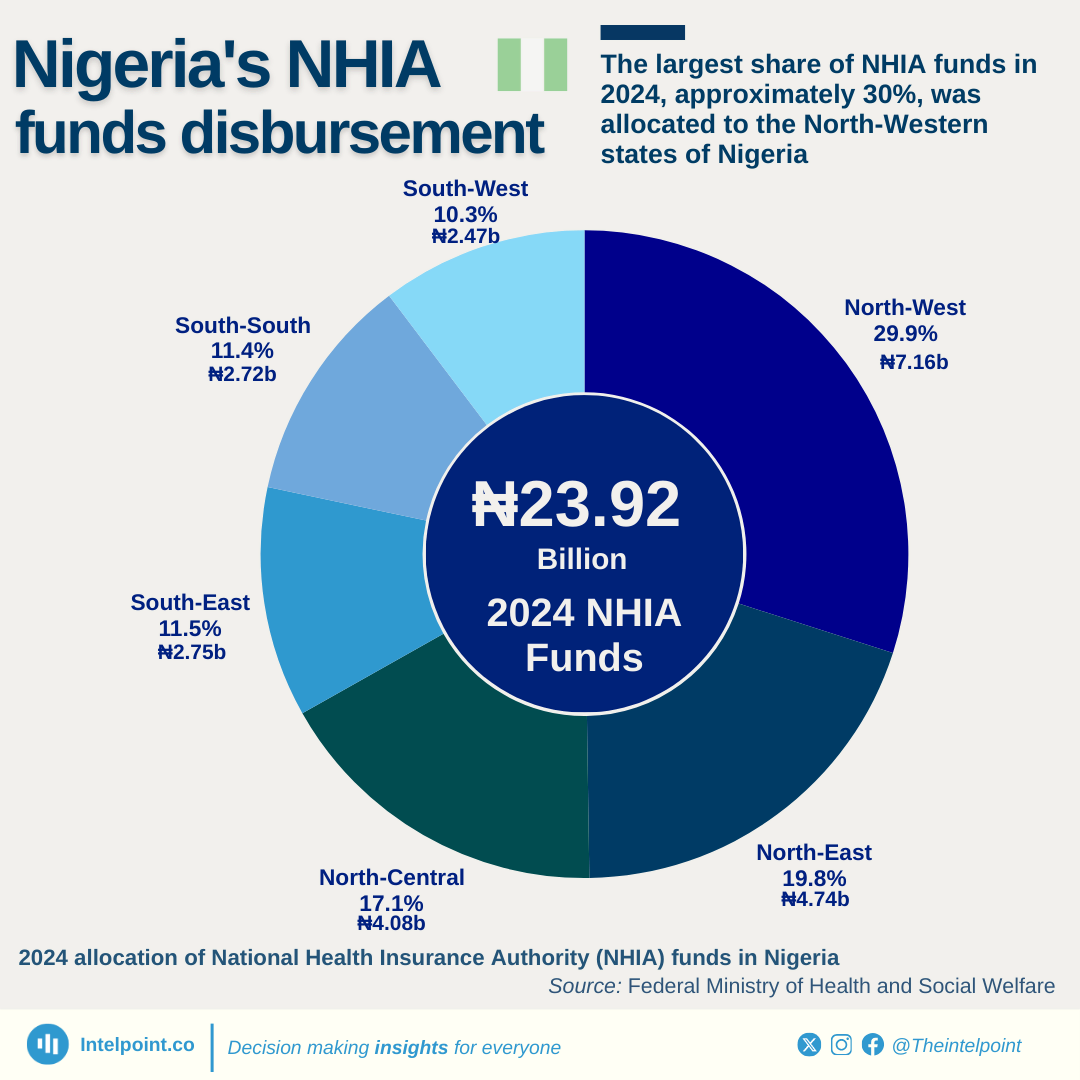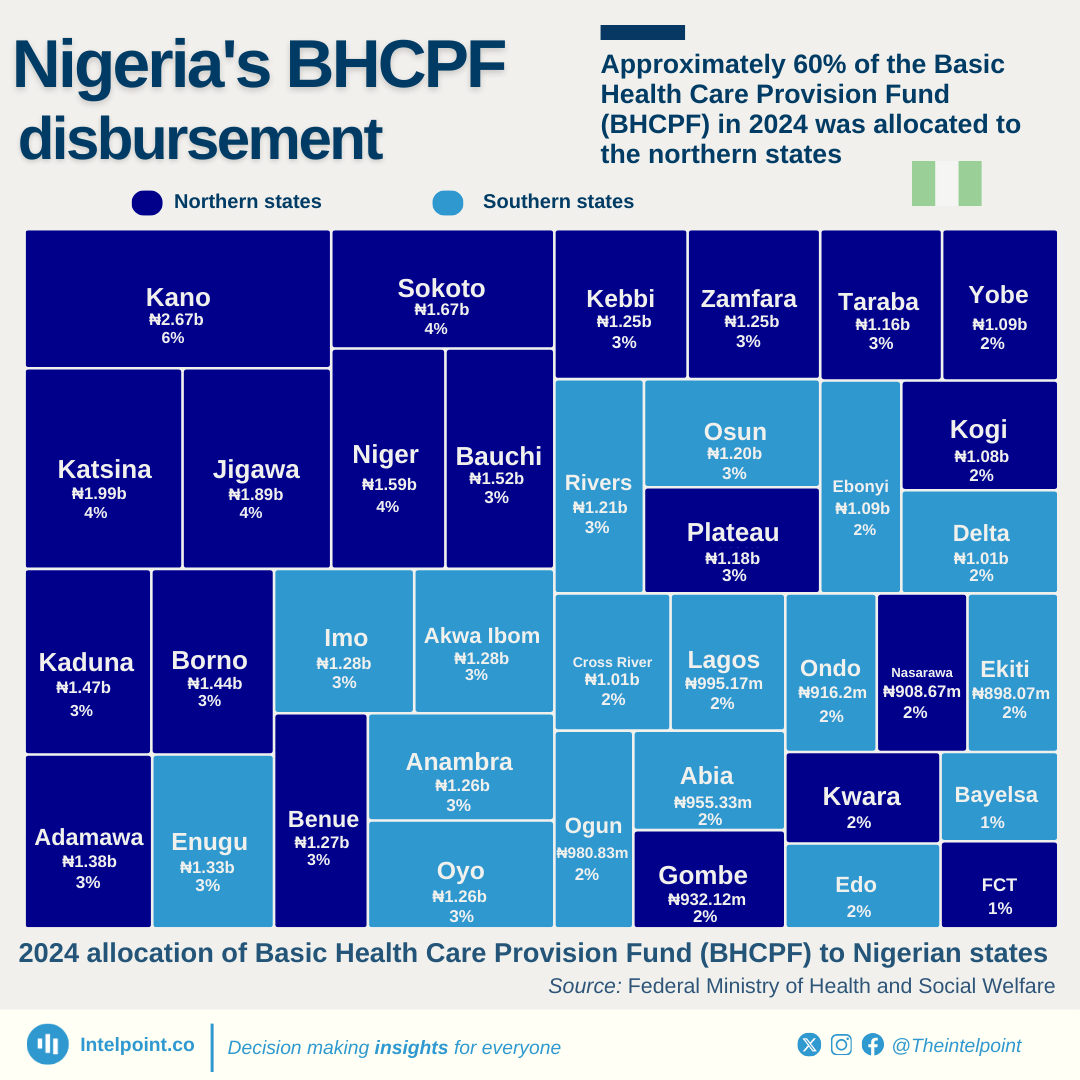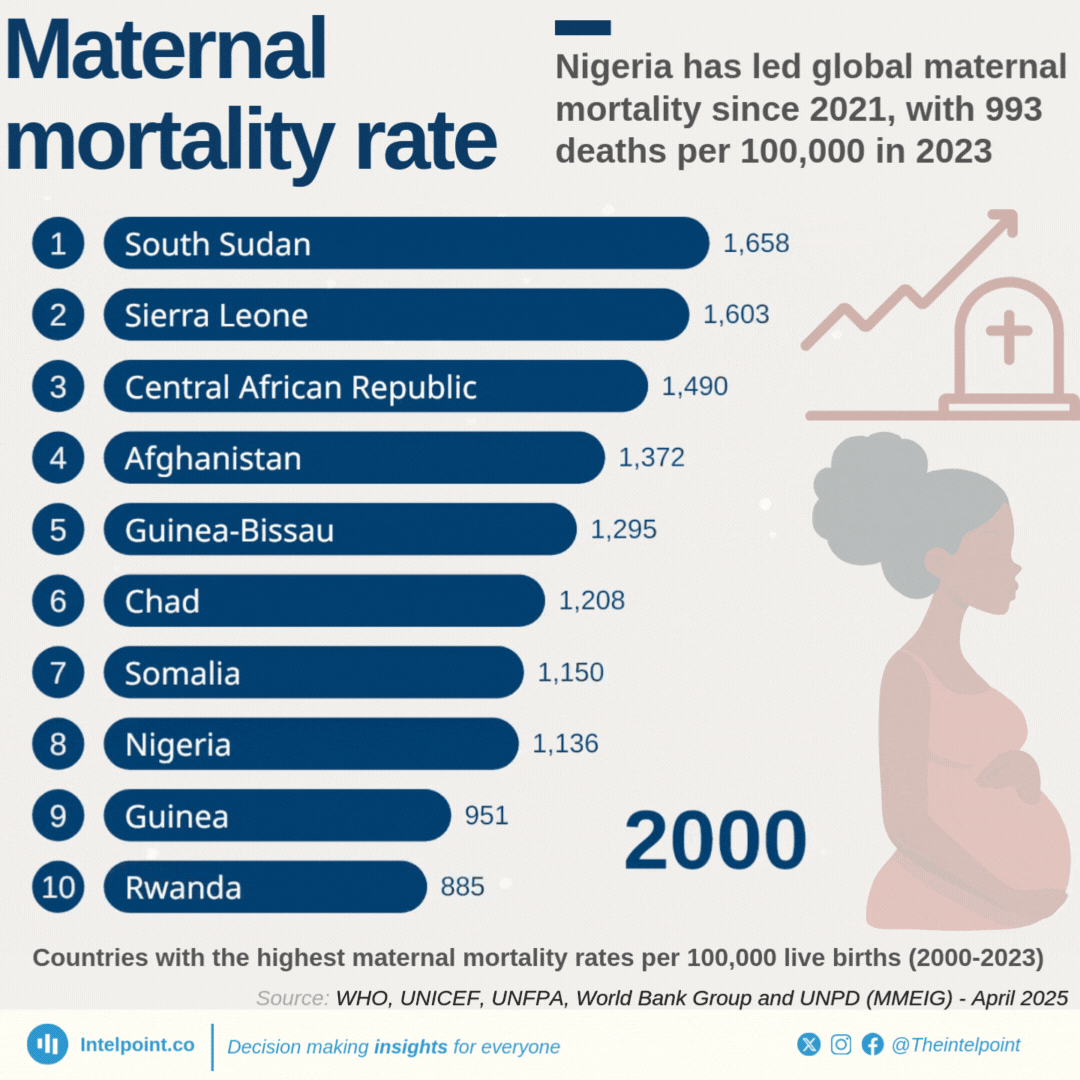World AIDS Day is celebrated on December 1 every year as a day dedicated to raising awareness about the AIDS epidemic caused by the spread of HIV infection. In 2020, there were an estimated 37.6 million people infected with HIV globally, and 27.4 million people living with HIV receiving treatment.
